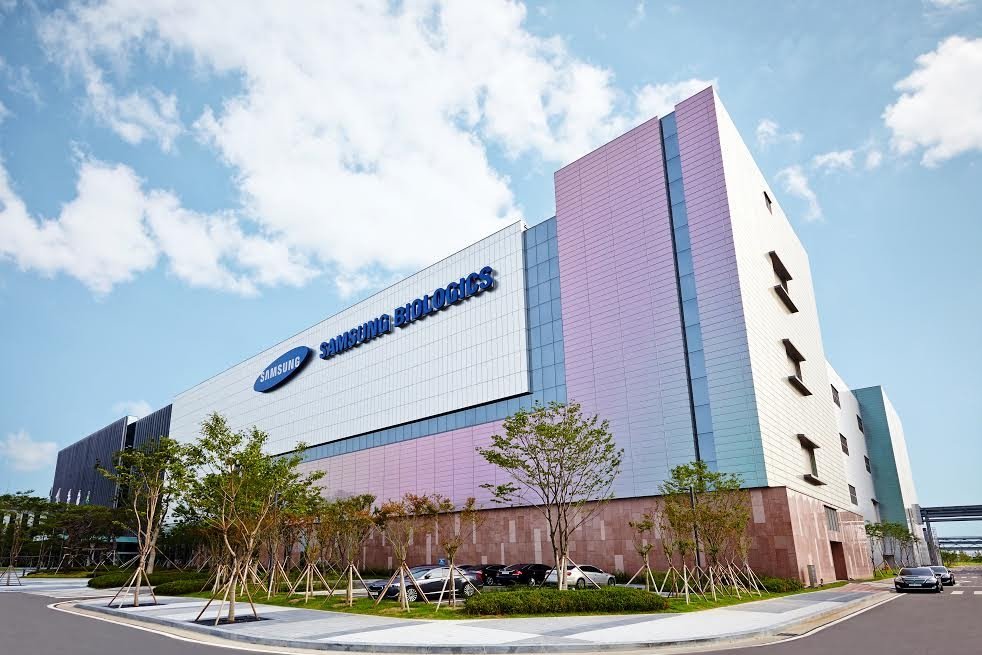Table of Contents
MRNA vaccine production is entering a new era. The mRNA vaccines developed during the COVID-19 pandemic were the first approved for human use, and their demonstrated success has led to an increase in research and development for other therapeutic applications of mRNA. Recently, Moderna, one of the producers of mRNA COVID-19 vaccines, announced it had developed an mRNA vaccine for Lyme disease, which would be the first Lyme disease vaccine available since 2002.
As the biopharmaceutical industry expects to see similar breakthroughs in mRNA going forward, Samsung Biologics, a contract development and manufacturing organization (CDMO), has expanded its mRNA vaccine production capabilities to better serve partners with innovative mRNA projects in development.
“There’s no doubt that the COVID-19 pandemic has accelerated the clinical efficacy of mRNA-based therapeutics,” said Eunseo Lee, a senior scientist working on mRNA at Samsung Biologics, in a recent webinar. “Since this area has just been commercialized after the emergence of the pandemic, when you take a closer look in this field, an mRNA CDMO company needs to understand the challenges from the product, developer, and research levels first.”
Non-COVID Applications for mRNA
Moderna’s announcement of a mRNA Lyme vaccine is the latest in a surge of mRNA research following the pandemic.
Because mRNA vaccines are easy to develop, edit, and test, they’re ideal candidates to treat infectious diseases, particularly diseases that can mutate quickly. Current mRNA vaccine production projects in development target diseases such as influenza, malaria, and Zika virus. Experts have also suggested the potential of mRNA to treat norovirus, a highly infectious stomach infection that has seen a rising number of cases in recent months.
There’s also a robust research program devoted to the use of mRNA to treat cancer, including personalized vaccines genetically designed to target an individual’s specific cancer. And while it’s still in its early stages, researchers are investigating the use of mRNA for gene suppression, gene replacement, and protein modification to treat genetic disorders such as Huntington’s disease.
Samsung Biologics mRNA Vaccine Production Capabilities
The potential of mRNA is vast, and Samsung Biologics is taking steps to prepare for projects on the horizon and future breakthroughs. CDMOs like Samsung Biologics play a crucial role in mRNA vaccine production, utilizing a series of processes to ensure the efficient and safe manufacturing of these vaccines.
Samsung Biologics’ process involves DNA transcription into mRNA molecules, enzyme-based purification of the molecule followed by lipid nanoparticle encapsulation of mRNA, and an aseptic fill/finish process. Precise cold storage capabilities are also required to ensure the stability of the mRNA molecules.
The mRNA vaccine production process begins with the synthesis of the desired mRNA sequence in a laboratory setting. This is accomplished by a process called in vitro transcription, meaning no living cells are required. A DNA template containing the desired gene sequence is mixed with enzymes and nucleotides, which facilitate the transcription process. The enzymes copy the DNA template to create an mRNA molecule with the same gene sequence.
Once the mRNA is synthesized, it needs to be protected and delivered effectively into cells. This is achieved through a technique called lipid nanoparticle encapsulation. LNPs are tiny lipid-based structures that can encapsulate the mRNA molecules, protecting them from degradation and enabling their efficient delivery into cells. The mRNA molecules are combined with lipids, which self-assemble into LNPs. These LNPs are then purified before being used in the vaccine manufacturing process.
The next step is the aseptic fill/finish processes, where the LNP-encapsulated mRNA molecules are transferred into vials. Aseptic techniques are employed throughout this process to maintain a sterile environment and prevent contamination. The vials are sterilized beforehand, and the mRNA-LNP mixture is carefully dispensed into the vials under sterile conditions.
MRNA vaccines are highly sensitive to temperature fluctuations. To maintain their stability and efficacy, these vaccines require cold chain storage and transportation. Cold chain refers to a temperature-controlled supply chain, typically requiring ultralow temperatures. Samsung Biologics has cold chain capabilities reaching minus 70 degrees Celsius. This ensures the vaccine remains viable and doesn’t degrade during storage and distribution. CDMOs must have robust cold chain infrastructure and processes in place to handle and store these vaccines appropriately.
Throughout these processes, Samsung Biologics employs rigorous quality control measures, including analytical testing, to ensure the safety, purity, and potency of the mRNA vaccines. These measures help maintain compliance with regulatory standards and assure the reliability of the vaccines produced.
The result is a one-stop-shop mRNA vaccine production suite. All aspects of the process are handled at a single facility, which speeds up development times and mitigates risk of degradation through transport of materials.
“We started cGMP mRNA drug substance manufacturing last April 15 in 2022. We now offer a full end-to-end service package from pDNA manufacturing,” said Pierre Catignol, executive vice president and head of manufacturing at Samsung Biologics, in the webinar. “We are doing drug product too. With fill and finish services, with lipid or freeze-dry forms, labeling and packaging, QC testing and QA batch release. We have, as you can see on the slide, a very large equipment library that gives us the capability to produce different scales for mRNA drug substance and mRNA encapsulations.”

